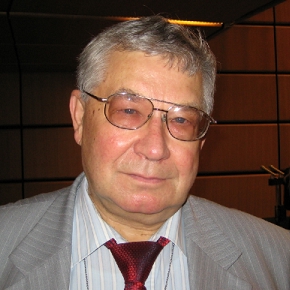 |
||
|
Japan Considers Building Offshore Power Plant After Fukushima Disaster RIA Novosti, PUBLISHED 13.09.2014 Japan is considering investing $1.5 billion in a Norwegian-produced floating natural gas-fired power plant, as the country looks for new and safer ways to produce electricity following the 2011 Fukushima disaster, Bloomberg reported on Tuesday. “The power situation in Japan after the Fukushima disaster has encouraged us to propose this solution,” Fredrik Major, the head of Sevan Marine ASA, a Norwegian offshore installation manufacturer, was quoted as saying by the agency. The tsunami caused a meltdown of several of the plant's reactors and leakage of radioactive materials. Some 140,000 people were evacuated from settlements near the plant, many of whom have been unable to return to their homes due to high levels of contamination in the area. Topics: NPP Fukushima Daiichi Other news: Iran Detains Ukrainian Citizen Suspected of Sabotage at Bushehr NPP: Reports The report did not specify the time of the incident. The Agreement was signed on September 3, 2014 in Algeria. Rosatom Says Has Enough Uranium for a Century Rosatom is in the second place by Uranium reserves in the world. |
Hero of the day 
The ISTC Responsible Science Program and Subprogram Culture of Nuclear Nonproliferation The dual-use nature of nuclear technology consisting in the potential for its application equally in peaceful and military sphere is the basic contradiction for the existing nuclear nonproliferation regime and comprehensive development of the nuclear power and nuclear fuel cycle. INTERVIEW
Jerry Hopwood OPINION
Joint Plan of Action |

